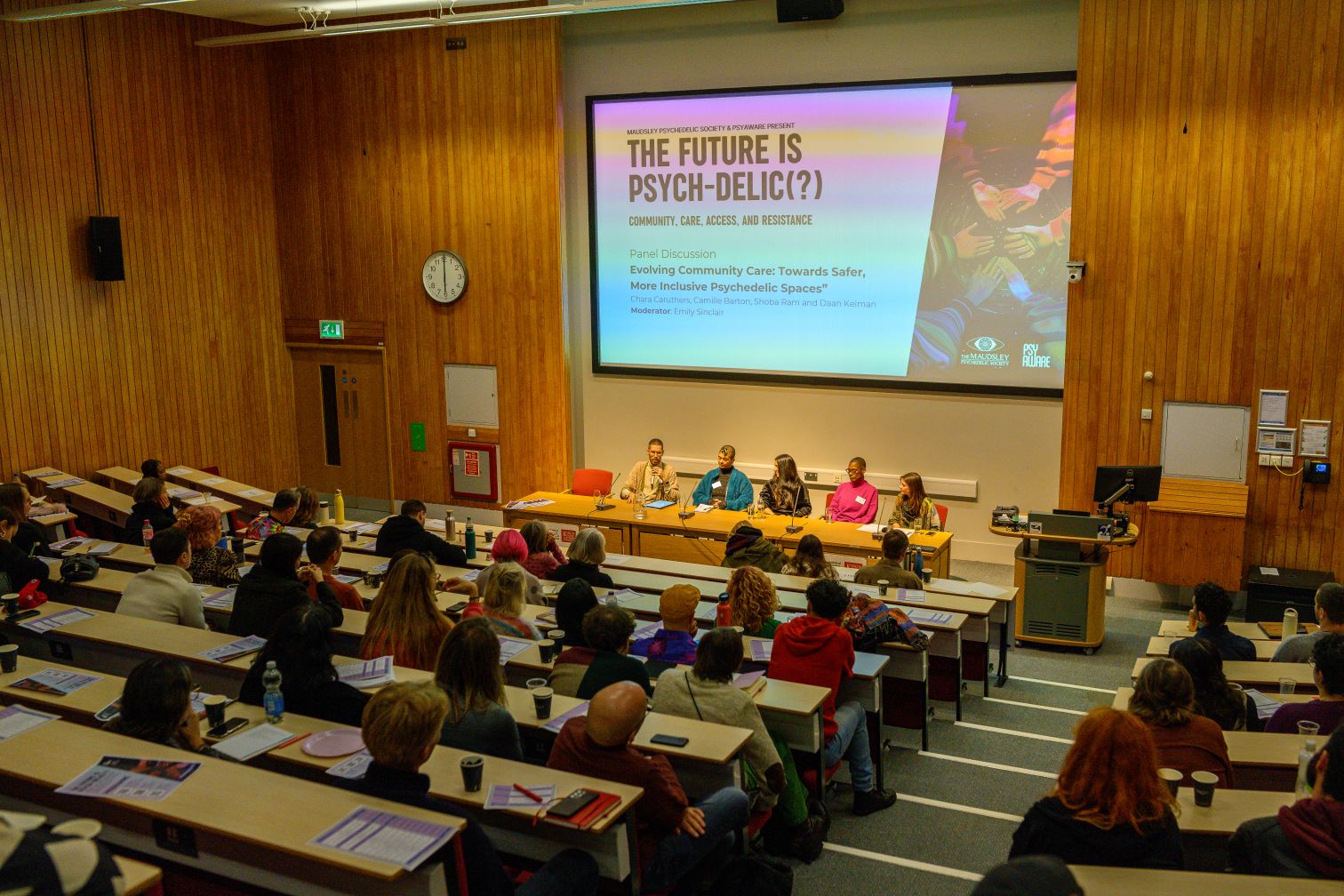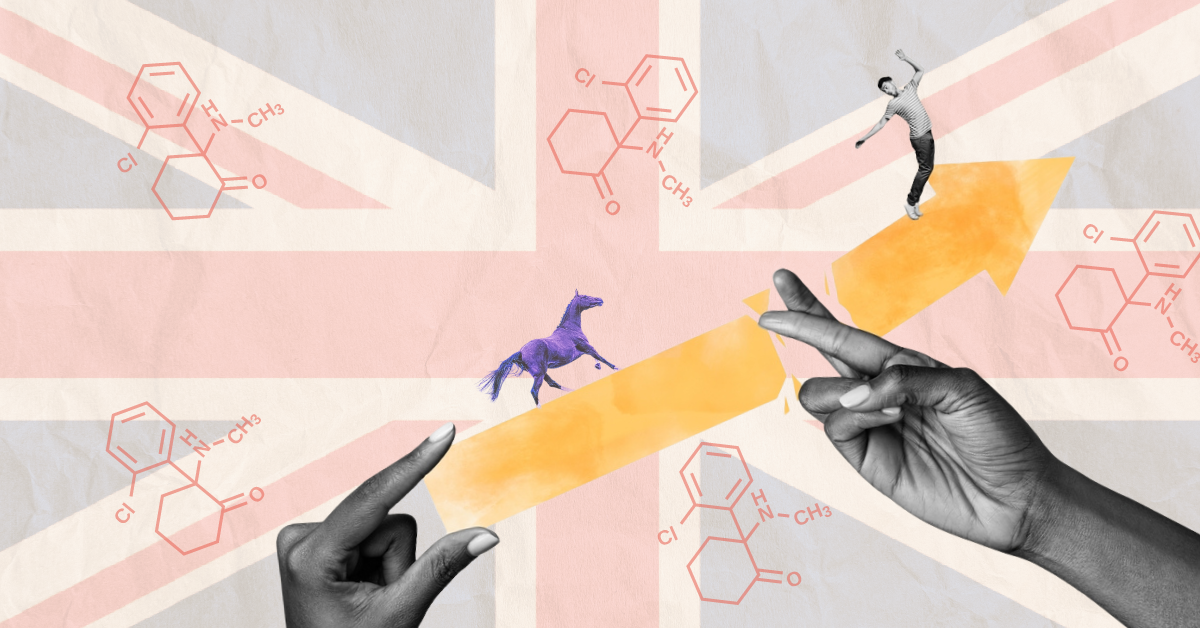In traditional philosophical and theological debates, sobriety is usually thought of as virtuous, while the non-medical use of drugs is usually seen as immoral: it compromises our work ethic and interferes with an individual’s ability to reason. As a result, people who use drugs have to either hide their drug use, or face stigmatisation from mainstream society.
In a recent article, we documented a shift in this relationship: we noted an increasing trend for some drug use to be openly engaged in and largely accepted by society, so long as it is in line with neoliberal ideals of enhancement, self-care and the pursuit of happiness. We have called this phenomenon ‘virtuous drug use’.
The idea of using substances to enhance your body, brain, or both, is not new. The most familiar examples can be found in the non-medical use of prescription drugs. For example, using steroids to maximise fitness potential and improve body image is a behaviour previously limited to professional athletes; now, it’s increasingly used by many ordinary people as part of a lifestyle which prioritises health and personal fitness goals. Similarly, cognitive enhancers like methylphenidate and modafinil are used by increasing numbers of people to work harder and increase productivity.
The practice of microdosing – taking very low doses of psychedelics without experiencing significant psychoactive effects – provides a link via which we can extend the idea of virtuous drug use from legitimate medications to prohibited substances. Highly mediatised stories of people microdosing have allowed the use of Class A substances to be reframed as a new form of enhancement, for example: helping people get ahead at work, saving marriages, connecting with your children or improving your general wellbeing.
We argue that even full doses of illegal psychedelic drugs, like magic mushrooms, ayahuasca or DMT, can be viewed as virtuous if they’re used to engage in a transformative purpose like spiritual development or personal growth. An increasing number of online platforms offer psychedelic or plant medicine retreats as a way for middle-class professionals to achieve enlightenment – if they’re willing and able to pay usually large sums for access.
The media is full of enthusiastic stories of these benefits, such as dealing with a cancer diagnosis, improved mental health, and the development of leadership skills. Equally, many public figures have promoted the virtuous use of psychedelics to achieve spiritual and personal growth. Pop-science writer Graham Hancock described them as the ultimate adventure in his (now banned) TED talk; popular US commentator Joe Rogan regularly discusses psychedelics as a learning tool on his show; even Prince Harry has spoken openly about how they were useful in addressing the residual grief around his mother’s death.
The evidence presented above suggests that a variety of different psychoactive substances can be used virtuously across diverse contexts by socially advantaged groups of people, despite their illegality or past negative connotations. Equally important to a virtuous construction of drug use, however, is the societal acceptance of this behaviour. Cultural messages about drug taking in the West, reflected in the media, have consistently presented drug taking as harmful and dangerous, not only to individuals, but also to wider society. Media reporting on virtuous drug use, however, sits in stark contrast and plays a significant role in making it seem like an acceptable behaviour.
For example, in a feature on ‘wellness travel’, the Financial Times suggests a variety of retreats: these range from Japanese flower arranging, detoxification in Tuscany, cycling in Crete, or mind expansion with DMT in Mexico. Mainstream media features non-sensational stories about mothers using magic mushrooms as a parenting tool, and the ubiquity of psychedelic use within the tech sector is demonstrated in the Onion’s parody article: ‘Ayahuasca shaman dreading another week of guiding tech CEOs to spiritual oneness’. Glossy magazines like Cosmopolitan (‘Meet the women who regularly microdose psychedelics’) and GQ (‘Inside the great shroom boom’) feature the phenomenon in a non-censorious way.
As well as enjoying a positive framing in the media, one set of substances – psychedelics – has seen renewed scientific attention, creating a further shift towards acceptance of their use. The so-called “psychedelic renaissance” has generated great interest in the medical and scientific benefits of psychedelics, in turn legitimising their use. Recent research has demonstrated the efficacy of psychoactive substances in treating depression, anxiety, PTSD, addiction and end-of-life distress. This medical validation has been accelerated by the rapid creation of a scientific infrastructure surrounding psychedelics, encompassing research institutes, philanthropic organisations and academic conferences.
Finally, the marketing of psychoactive substances as high end products used by professionals, and the neutralising language styling still-illegal substances instead as ‘plant medicines’ used by people engaging in ‘entheogenic’ practices rather than recreational use has also been key to increasing their social acceptance. It is important to recognise that virtuous drug users are not just using drugs like ketamine or psilocybin; they are paying top end prices to do so, often in luxurious and protected environments, or as part of treatment programmes. It is different to the casual, recreational, non-medical and non-spiritual drug use, which actually comprises the majority of drug use across Western societies, but which remains largely hidden from sight. The power and privilege necessary to be able to engage in the virtuous form of drug use are an important part of the process by which it is legitimised by the media and wider society.
The trap of accepting virtuous drug use
Ultimately, our research offers a clear and modern example of the constructed nature of drugs, demonstrating that cultural attitudes are more important than legal status or specific effects of a substance in determining how we respond to it and how we perceive its use as acceptable. For those working to end drug prohibition, the acceptance of virtuous drug use might seem like an important step moving towards that goal. We suggest, however, that the representation of some drug use as virtuous is only possible for middle-class professionals who can draw on neoliberal values of productivity and self-improvement to present their drug use as part of an enhancement agenda. Virtuous drug use thus reinforces the structures of inequality inherent in existing drug policies around the world.
The concept of virtuous drug use cannot be used to legitimate drug use by people that belong to cultures, classes and ethnicities that are not aligned with mainstream constructions of society. Neglected, poverty stricken and marginalised social groups will not be given the chance for their drug use to be seen as legitimate, especially if it’s used to deal with ongoing trauma, discrimination and vulnerability. Instead, they will continue to be sanctioned and stigmatised for their use. The emergence of virtuous drugtaking does nothing more than perpetuate the status quo.


